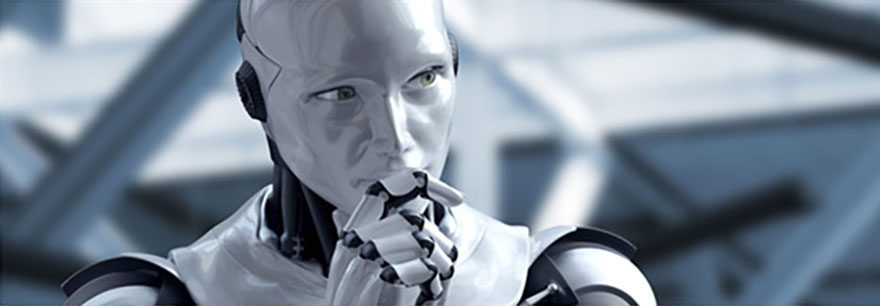READ IN UP' : The Brain Wars
READ IN UP' : MIT's 10 breakthrough technologies for 2017
READ IN UP' : 80 to 90% of jobs will be eliminated in the next 10 to 15 years
READ UP : Elon Musk: "Do you think I'm crazy?"

READ IN UP' : The Brain Wars
READ IN UP' : MIT's 10 breakthrough technologies for 2017
READ IN UP' : 80 to 90% of jobs will be eliminated in the next 10 to 15 years
READ UP : Elon Musk: "Do you think I'm crazy?"

Why not enjoy unlimited reading of UP'? Subscribe from €1.90 per week.



Already registered? I'm connecting
Register and read three articles for free. Subscribe to our newsletter to keep up to date with the latest news.
→ Register for free to continue reading.

You have received 3 free articles to discover UP'.





